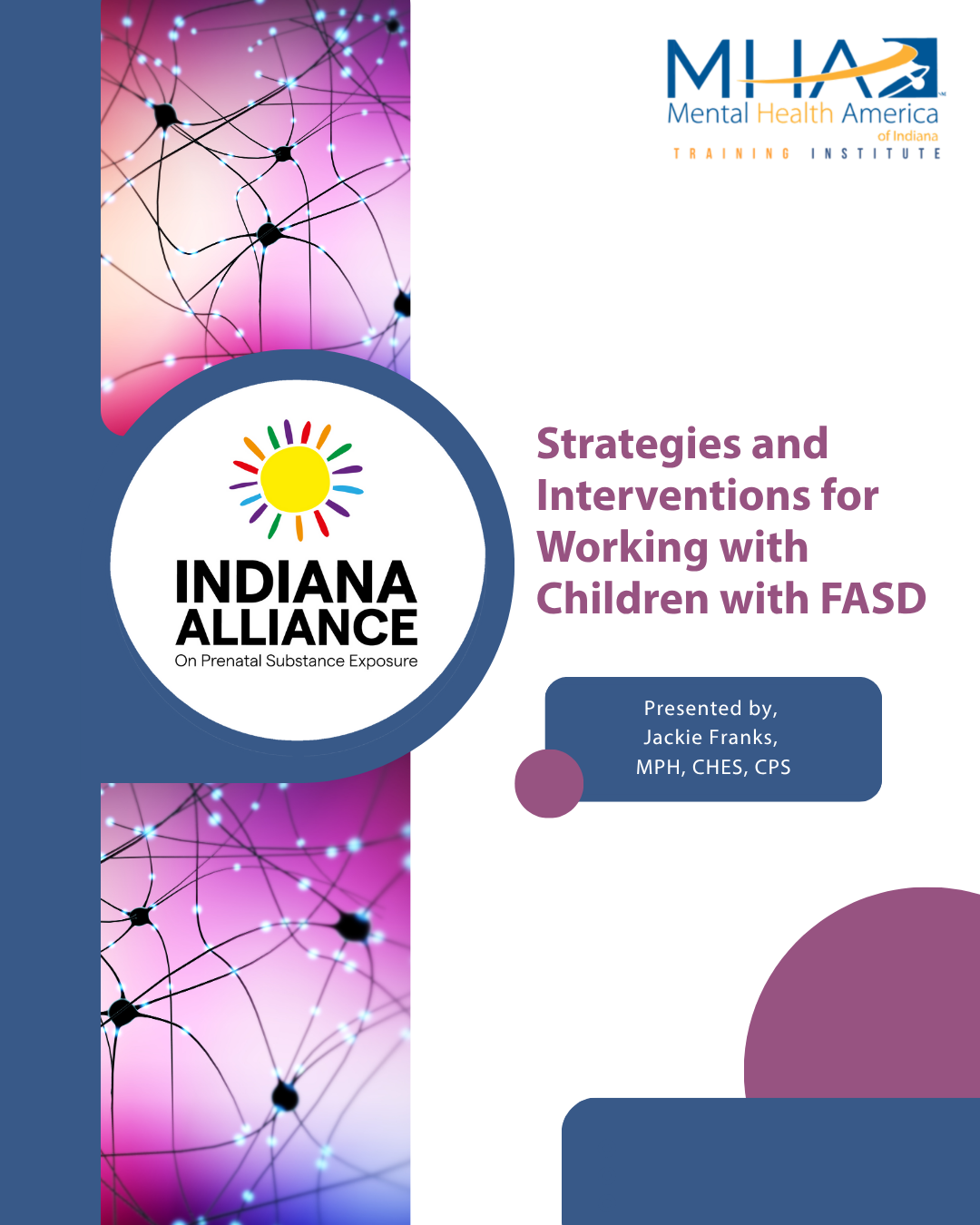
This interactive and didactic course explores the concept of cultural humility and identifies strategies for increasing understanding and implementation of the principles. Cultural Humility is defined by the National Institute of Health as: “a lifelong process of self-reflection and self-critique whereby the individual not only learns about another’s culture, but one starts with an examination of her/his own beliefs and cultural identities.” During this learning experience, participants will have the opportunity to consider the personal application of cultural humility. The fluidity of cultural humility will be explored. The difference between cultural humility and cultural competency will be discussed. The importance of a historical context regarding cultures will be addressed. The QUAN Model will be used to provide a framework for this concept. The five R’s of Cultural Humility will be introduced as steps in assuring implementation of cultural humility practices.
Learning Objectives:
During this course participants will:
1. Review and consider personal application of the National Institute of Health definition of Cultural Humility.
2. Discuss six (6) key attributes of cultural humility, including: (1) openness, (2) self-awareness, (3) (3) supportive interaction, (4) mitigating power imbalances, 5) self-reflection and critique, and (6) institutional accountability.
3. View several videos used to illustrate the relationship between cultural competency and cultural humility
4. Identify how the historical context influences cultural responses.
5. Consider strategies for implementation of the five R’s of Cultural Humility. These are: (1) Reflection, (2) Respect, (3) Regard, (4) Relevance, and (5) Resilience.
6. Utilize the QUAN Model to evaluate cultural humility practices
“To be culturally humble means that I am willing to learn. “ – Joe Gallagher
This course provides 6 continuing education units for all who actively participate, are on camera and complete the course.
This course is presented in a partnership with Indiana Recovery Network (IRN) with funding from the Indiana Division of Mental Health and Addictions (DMHA)








